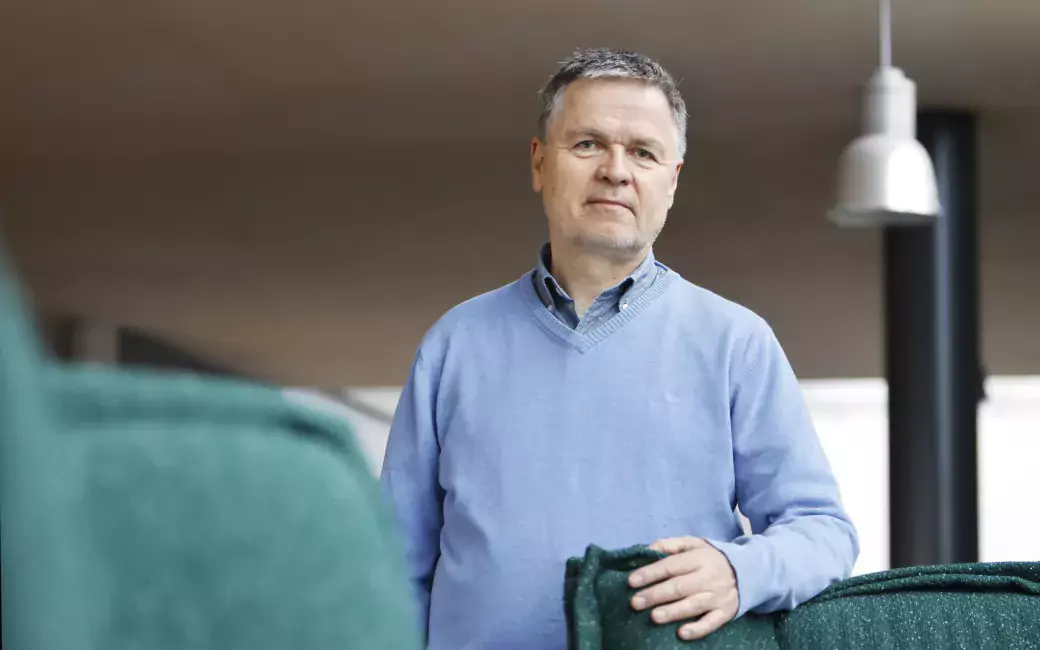The professor of cosmology wants to understand the forces that affect the universe.

What are your research topics?
I study the structure and evolutionary history of the universe, as well as the forces prevalent in the universe. With the exception of the very beginning of the universe, we already have a fairly good understanding of these forces, but two central factors remain poorly known: dark matter and dark energy.
You can conclude from the movement of galaxies that there is much more gravity affecting them than there should be on the basis of visible matter. In other words, galaxies must contain a lot of matter invisible to us, commonly known as dark matter.
Part of dark matter can be unilluminated ordinary matter, such as cold bodies or gas in the space between stars or galaxies. However, observations allow us to conclude that most dark matter is probably composed of certain fundamental particles that remain unknown for the time being.
For almost a century, we have known that the universe is expanding. Precise measurements conducted 25 years ago demonstrated that, contrary to expectations, the expansion is accelerating. We don't know why this is happening. A popular hypothesis is that it is caused by an unknown form of energy that is filling space and that exceptionally has repulsive, not attractive gravity.
Where and how does the topic of your research have an impact?
My research promotes the understanding of the universe, something that humanity has been striving for throughout its history.
What is particularly inspiring in your field right now?
To understand the universe better, it is important to know in more detail how the universe has expanded in different times, and how galaxies and the structures they form have evolved throughout the history of the universe.
To conduct such observations, the European Space Agency will send into space in 2023 or 2024 the wide-field Euclid telescope for a six-year mission to map galaxies and the distribution of dark matter in more than one-third of the night sky. I am contributing to the Euclid project together with my research group. The telescope has already been completed and is now undergoing final testing.
Hannu Kurki-Suonio is Professor of Cosmology at the Faculty of Science.






